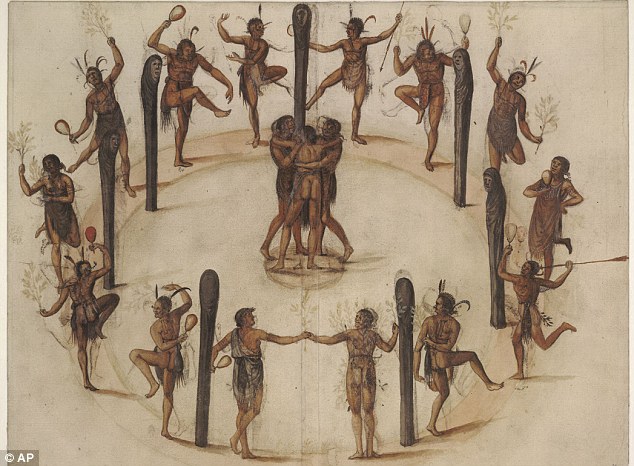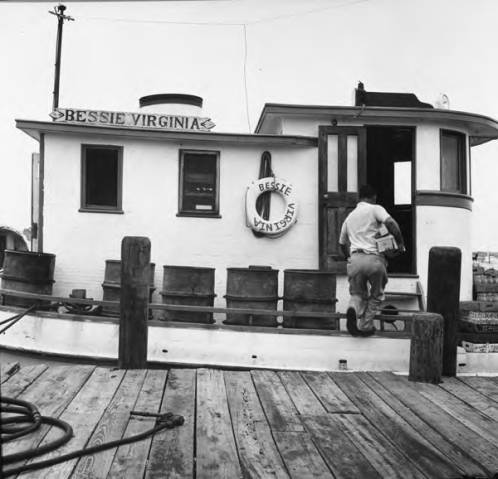
November is designated American Indian Heritage month in North Carolina coinciding with Thanksgiving Day. In school, children are learning about a day of sharing and peace, about the brave early settlers, and about helpful Native Americans. These indigenous people are usually the favorite part of the history lesson. No wonder, their legacy is notable. On the short list of their Thanksgiving “gifts” to the European settlers are: corn (and the secret to roasting corn to make popcorn), beans, squash, utilizing gourds as containers, making southern Brunswick stew, and the knowledge of when and where to obtain oysters, fish, and ducks. Food for thought: The way we interpret history also changes over time, therefore America’s attitude about the Native Americans has also changed.
North Carolina history cites several official special days of Thanksgiving. The first was in April, 1758. Royal Governor Arthur Dobbs proclaimed a day of Thanksgiving and gratefulness for survival following the French and Indian Wars. President George Washington asked the Continental Congress to declare November 26, 1784 a national day of Thanksgiving after the American War of Independence. Later, Governor Charles Manly proclaimed November 15, 1849, as North Carolina’s first Thanksgiving. The holiday wasn’t fixed at the nationwide until Abraham Lincoln designated the last Thursday of November as a national Day of Thanksgiving.
Before the implementation of vehicle ferries in the 1930s and 1940s and the building of the Oregon Inlet bridge in the early 1960s, freight boats delivered all necessary goods to the islands, from cloth for dress making, groceries and produce to supply general stores, to building materials for island homes. These boats, the 18-wheelers of their day, traveled along the sounds and rivers of eastern North Carolina from mainland centers of commerce like Elizabeth City, New Bern and Washington to the villages of Hatteras and Ocracoke Islands.
On the "Port Light Project" website, Washington historian Blount Rumley shares his memories of last freight boat to travel between Washington and Ocracoke, the "Bessie Virginia." Click here to listen.
Page 2 of 2



